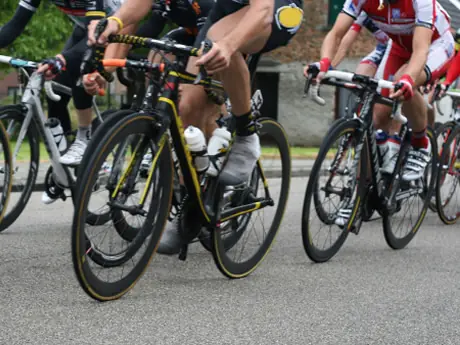
Logging miles solo has its advantages. Your on your own schedule, you can concentrate more on your effort and it's easier to do hard intervals. But is it really best to go it alone and ignore the thrill of competition? More importantly, will training alone make you just as fast as you'd be training with other cyclists?
With the trend for Tour de France contenders racing less and less, these are valid questions. Race-specific training and buildup has become almost as important as race fitness, which confuses the question of whether or not you can push yourself as hard solo as you can in a race or group ride.
Let's see if science has been able to come up with a sound answer.
More: 10 Training Fundamentals for Cyclists
I Push You, You Push Me
The answer may seem obvious. Humans are competitive by nature. We've all experienced rides or races where we all shake our heads afterwards and say: "Man, s/he made me go so much harder than I thought I could!"
For over 100 years, sport psychologists have shown the effects competition on performance, such as raised stress and anxiety. And world records are usually broken in competition against athletes of similar elite talent. But surprisingly, almost no research has looked at whether head-to-head competition in cycling really does push you harder than you're able to solo.
One of the hottest topics in sports and exercise science over the past few years is the interconnection between the mind and body in controlling performance, and whether fatigue comes from physiology or from the brain trying to manage the body's stress.
More: 12 Training Tips for an Ultra-Distance Ride
Martin Barwood, from the University of Portsmouth, has spent the past few years focusing on the effect of sport psychology interventions on physiological capacity. In the journal Medicine & Science in Sports & Exercise, he looked at whether competition improved time trial (TT) performance and the physiological mechanisms behind it (Corbett et al. 2012).
So what did he find?
Corbett et al. 2012
The setup, as often the case with academic studies, was relatively simple: Have cyclists think they're competing against someone else on a Velotron (CompuTrainer) ergometer, when in fact they're actually racing against themselves and their best solo TT performance. Will they go faster or slower when going solo?
- 1
- of
- 3
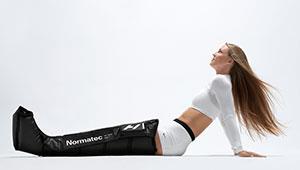
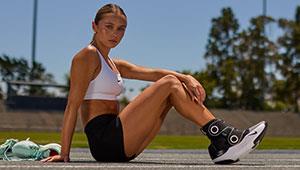

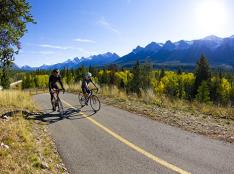

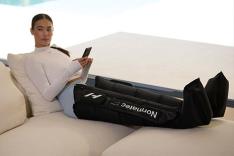

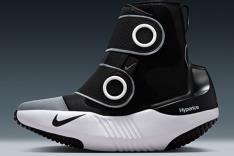
Discuss This Article